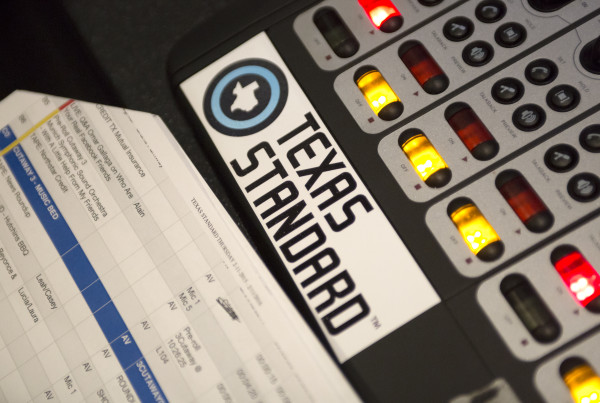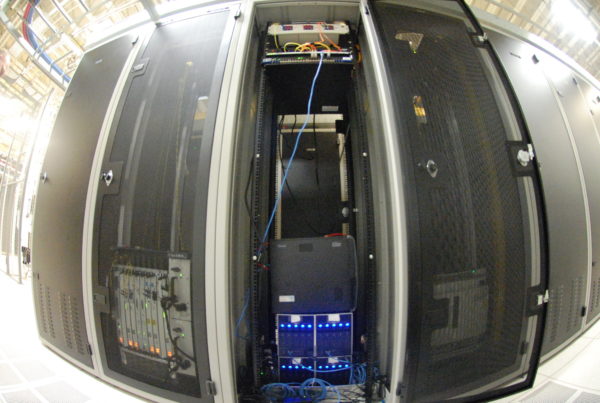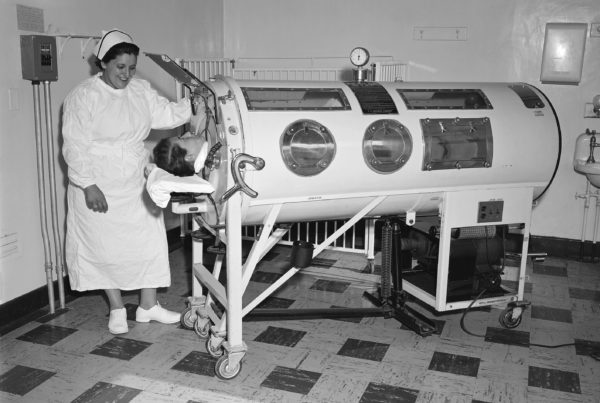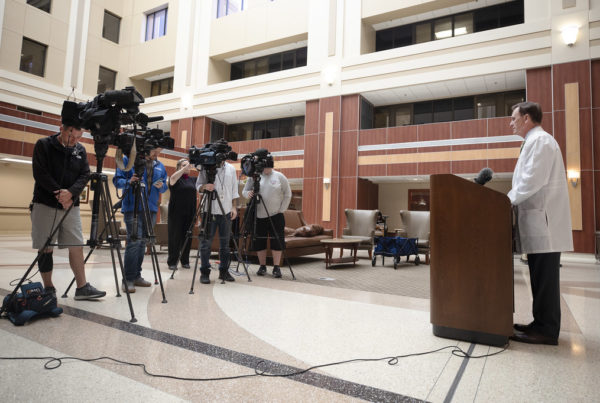Across the U.S. and in Texas the economy continues to reel amid the coronavirus pandemic. After days of negotiating, Republicans and Democrats in the Senate have passed a plan that could provide some relief to individuals and businesses hard hit by the pandemic. The $2 trillion economic stimulus package now goes to the House for approval, and then must be signed by President Donald Trump.
Brandon Rottinghaus is a political science professor at the University of Houston. He says the bill, which is the largest package of its kind in U.S. history, is more than double the $800 billion appropriated in response to the 2008 financial crisis.
“We call this a Christmas tree bill,” Rottinghaus says. “It’s a big bill with lots of shiny stuff on it.”
Individuals making less than $75,000 per year will receive a payment of $1,200 per adult, plus $500 per child in the family. Unemployment benefits will also be extended to those who are likely to lose their jobs. Gig workers, like those who deliver packages or takeout meals, and who work as independent contractors rather than as employees, will also be able to benefit from the bill.
“This bill has to be able to adjust to how people live, so among the things that are occurring on this are about $350 billion for small business loans,” Rottinghaus says. “There’s $500 billion in loans for distressed companies.”
To become law, the bill passed by the Senate must also pass the House and be signed by President Trump.
“The politics of this are complicated,” Rottinghaus says. “You’ve got the Republicans who are saying that effectively Democrats are pushing partisan proposals into the package. … Democrats say it’s basically just a big cash giveaway to corporations without any oversight.”
Rottinghaus points out that the 2009 stimulus package angered conservatives who later founded the Tea Party movement. He says a package of this size could “throw gasoline on the embers of that movement.”
Written by Shelly Brisbin.















